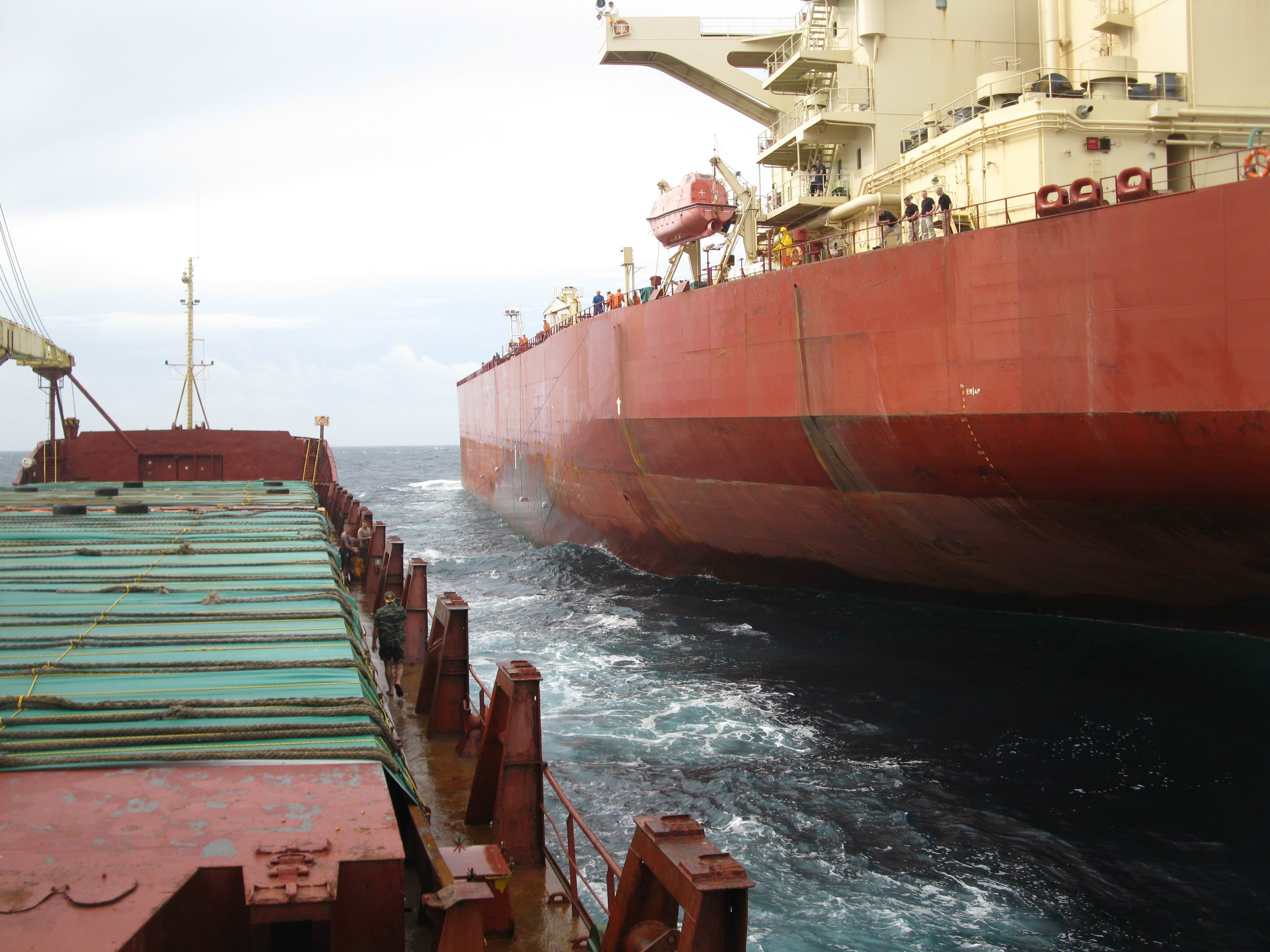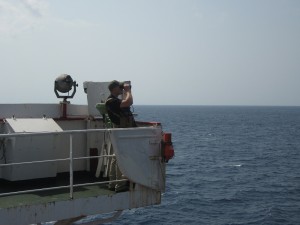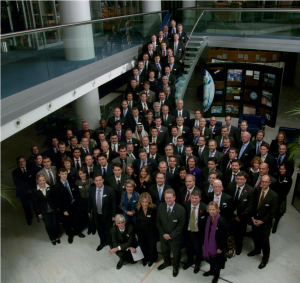In accordance with Section 10 of the Constitution, an ad hoc working group (committee) is being formed for activities covered under Section 11 (iv) Reviews, Endorsements, and Quality Assurance–specifically the vetting of training.
Activities and Roles
There are two core roles:
- the development of the formal IAMSP certification-level training; and
- the review of Member or outside training seeking IAMSP endorsement.
This working group will consist of two committee (described below) and will be involved in the formation of the formal IAMSP security professional certification. The development of this certification will follow the structures outlined in ISO 17024 and take into account the requirements defined in various maritime training structures (including the SCTW) as appropriate to the material.
When reviewing training, this committee will be involved in assisting the review of training being considered for endorsement by the Association. Those seeking to have training endorsed will present it to the committee, understanding that the members are required to treat such information as proprietary to the author and treat it accordingly. The committee will then review the material and make a recommendation for (1) endorsement, (2) modifications to bring it to a standard for endorsement, or (3) rejection. Having received the technical review of the submission, the next phase will be the ratification process.
Benefit
Those that hold formal certification through the Association will be able to represent themselves as possessing advanced knowledge in the areas covered by the certification.
Those that pass through the endorsement phase of this effort will be able to represent their training as meeting the core values and ethics of the Association, as having passed through critical peer review by competent persons in the domain, and as having met a sufficient quality to warrant the use of the Association logo and endorsement. Further, endorsed training may also be advertised through the IAMSP website.
Cost Structure
The cost structure for the endorsement is described in Section 11 of the Constitution. Those seeking endorsement will be provided a cost estimate before any decision to proceed or not proceed with the endorsement is considered final. Additionally, a levy of 2% per candidate taking the course will be paid to the Association. For example, a $100 course would require a levy of $2 per paid candidate on the course.
Committees Notes
The structure of this organization will be formed in line with ISO 17024: 2003 Bodies Operating the Certification of Persons.
At this point in time, there are two groups being formed. These are the following:
- Certification Committee – to meet all requirements of the ISO standard and particularly Section 4; and
- Technical Committee – to provide technical details regarding the subject matter on hand.
Certification Committee
This will be the committee that examines the structure for the formal IAMSP certification and sets the strategic direction and requirements of the certification. The role of this committee is to ensure that the IAMSP certification remains relevant within the maritime domain. As a result, participants should be leaders within their specific domains (business, regulatory, insurance, etc).
The criteria for participation includes the following:
- Not less than 5 years experience in the domain
- At least 3 references from independent bodies indicating that the applicant is respected and trusted in the domain; and
- Willingness to submit for a period of review where the candidates name will be announced, allowing for a period for persons to come forward (if needed).
Technical Scheme Committee
The technical scheme committee provides the expert and technical guidance that is used to meet the strategic aims of the certification as defined by the Certification Committee. The technical scheme committee may make recommendations regarding the direction of the Certification, but is generally limited to ensuring that the material in the certification represents sound, appropriate or best practices (as applicable). As a result, participation in the Technical Scheme Committee is limited to persons that can demonstrate expertise through the following:
- Membership within the Association
- Advanced education through a recognised post secondary institution;
- Certification in the specific domain under the regime of an independent party with no vested interest;
- Publication or speaking to matters relevant to the specific domain in professional journals;
- References from not less than 3 persons in positions of trust that can vouch for the applicants technical knowledge.
For the purposes of reviewing training, the information above must be relevant to the contents of the training.
Conditions of Participation
Each member of the committee(s) will have access to the proprietary information of other members. Consequently, all applicants are reminded that they have indicated that they will abide by the Non-Disclosure Agreement (NDA) and Code of Practice. Consequently, all members of the committees should remain aware that they are personally responsible for ensuring that appropriate controls are placed on the materials being provided so as to reduce the risks associated with inappropriate losses of confidentiality that could impact the submitter’s business.
Similarly, all applicants will be required to remove themselves from any decision where they would personally gain from the course being endorsed (conflict of interest or lack of neutrality).
Questions regarding this can be directed to the President.

 As a result of this effort, it is the assessment of the TET that the service does address a significant need or vulnerability currently evident within the maritime security awareness domain, has demonstrated that (under normal operating conditions) to be consistently reliable and to be reasonable in terms of integration and maintenance within organization’s normal operating routines.
As a result of this effort, it is the assessment of the TET that the service does address a significant need or vulnerability currently evident within the maritime security awareness domain, has demonstrated that (under normal operating conditions) to be consistently reliable and to be reasonable in terms of integration and maintenance within organization’s normal operating routines.
